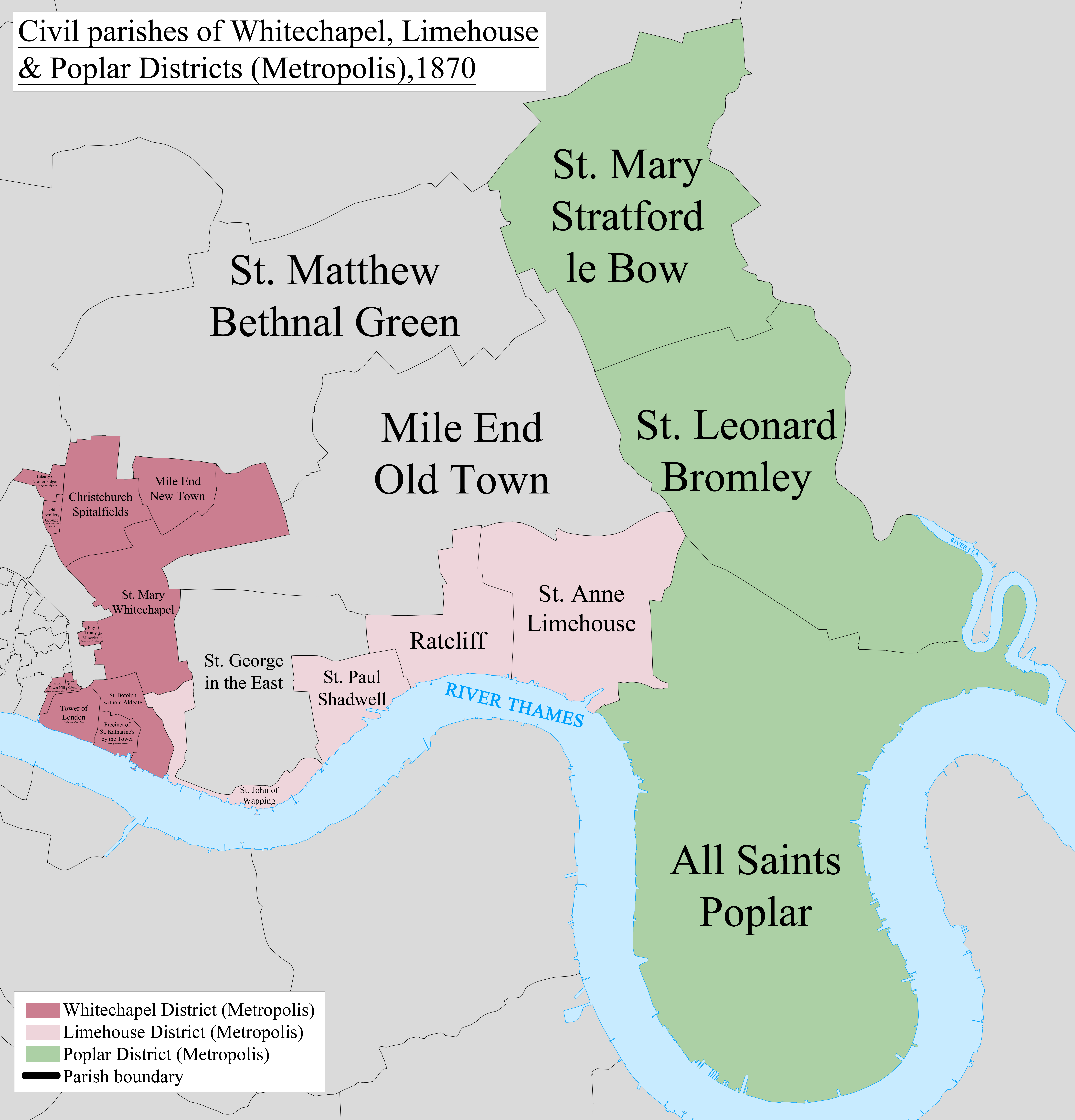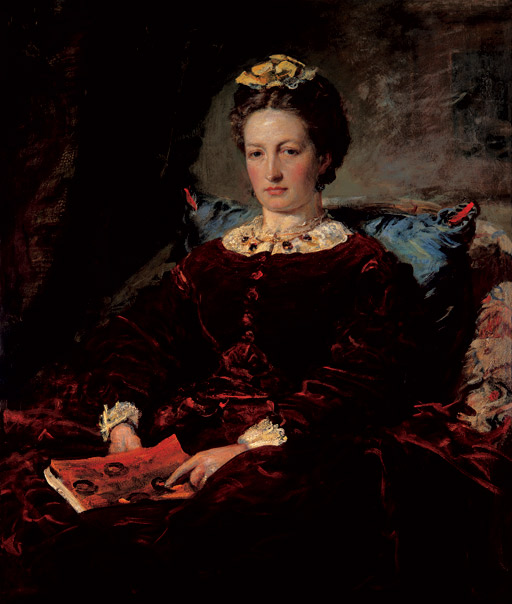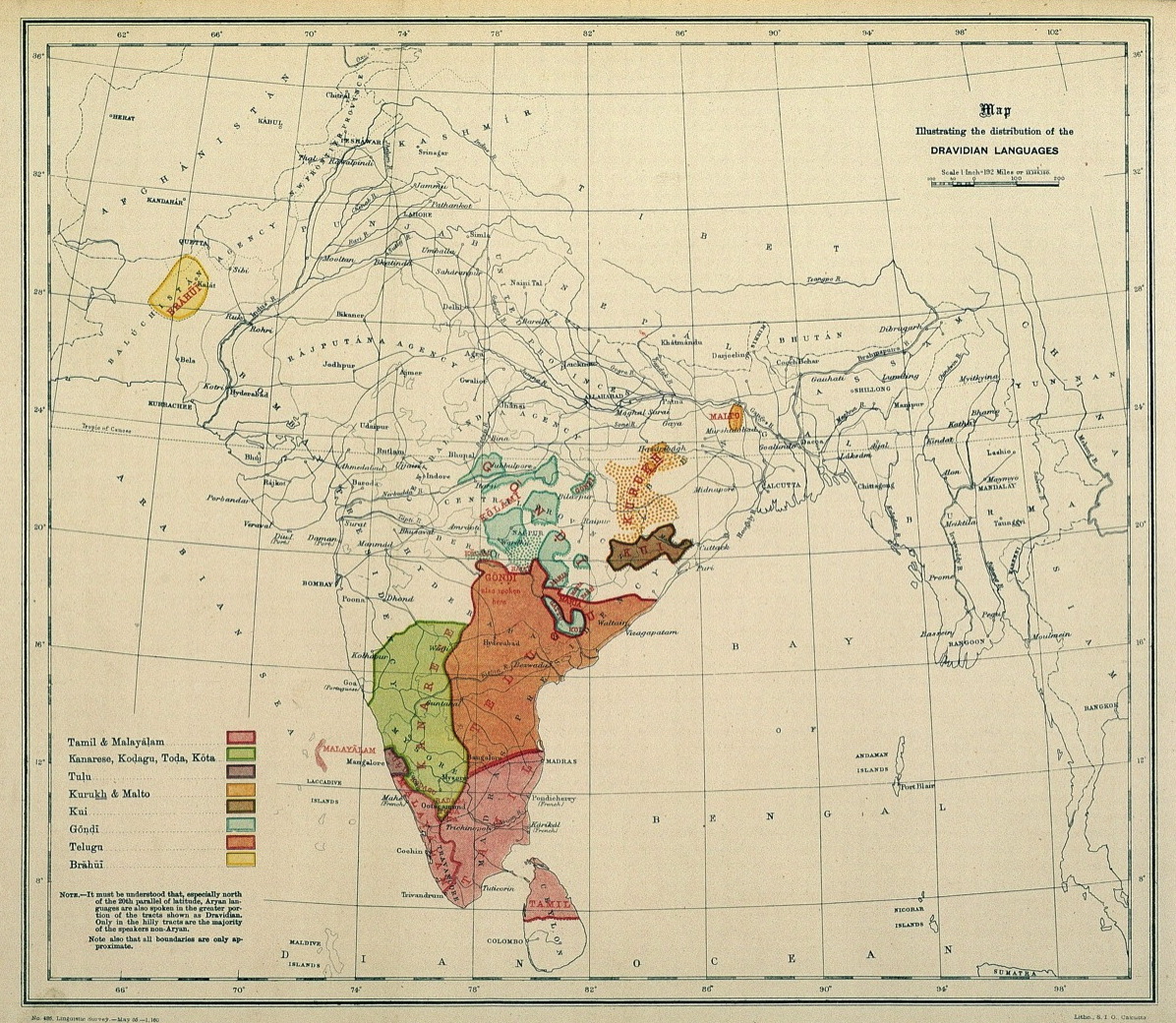|
Charles E. Gover
Charles Edward Gover (1835–1872) was a British folklorist in Madras (present-day Chennai), India. He was one of the earliest translators of the Tirukkural into English. Life Gover was the son of Thomas Gover of Poplar, Middlesex. In 1864, he was appointed principal and secretary of the Madras Military Male Orphan Asylum at Egmore, Chennai. In 1868, he became a member of the Royal Asiatic Society, but withdrew in 1871–1872. He was a member of the Society of Arts and a fellow of the Anthropological Society. Gover married Clara Gertrude Taylor in 1863 and had five children with her. Gover died of a haemorrhage on 18 September 1872 in Madras, and was buried at St Andrew's Church there. Works Gover wrote a pamphlet on "Indian Weights and Measures, their condition and remedy" (Madras, 1865). During 1866, he communicated to the Asiatic Society a paper on "The Pongol Festival in Southern India" (''Journal,'' new ser. v. 91–118), where he asserted without proof that the festival ... [...More Info...] [...Related Items...] OR: [Wikipedia] [Google] [Baidu] |
Poplar, London
Poplar is a district in East London, England, the administrative centre of the borough of Tower Hamlets. Five miles (8 km) east of Charing Cross, it is part of the East End. It is identified as a major district centre in the London Plan, with its district centre being Chrisp Street Market, a significant commercial and retail centre surrounded by extensive residential development. Poplar includes Poplar Baths, Blackwall Yard and Trinity Buoy Wharf and the locality of Blackwall. Originally part of the Manor and Ancient Parish of Stepney, the ''Hamlet of Poplar'' had become an autonomous area of Stepney by the 17th century, and an independent parish in 1817. The Hamlet and Parish of Poplar included Blackwall and the Isle of Dogs. After a series of mergers, Poplar became part of the London Borough of Tower Hamlets in 1965. History Origin and administrative history Poplar was formerly part of the Manor and Ancient Parish of Stepney, and was first recorded in either ... [...More Info...] [...Related Items...] OR: [Wikipedia] [Google] [Baidu] |
Cornhill Magazine
''The Cornhill Magazine'' (1860–1975) was a monthly Victorian magazine and literary journal named after the street address of the founding publisher Smith, Elder & Co. at 65 Cornhill in London.Laurel Brake and Marysa Demoor, ''Dictionary of Nineteenth-Century Journalism in Great Britain and Ireland''. Ghent: Academia Press and London: British Library, 2009. (p. 145). In the 1860s, under the editorship of William Makepeace Thackeray, the paper's large circulation peaked around 110,000. Due to emerging competitors, circulation fell to 20,000 by 1870. The following year, Leslie Stephen took over as editor. When Stephen left in 1882, circulation had further fallen to 12,000. ''The Cornhill'' was purchased by John Murray in 1912, and continued to publish issues until 1975. History ''The Cornhill'' was founded by George Murray Smith in 1859, and the first issue displayed the cover date January 1860. A literary journal with articles on diverse subjects and serialisations o ... [...More Info...] [...Related Items...] OR: [Wikipedia] [Google] [Baidu] |
1835 Births
Events January–March * January 7 – anchors off the Chonos Archipelago on her second voyage, with Charles Darwin on board as naturalist. * January 8 – The United States public debt contracts to zero, for the only time in history. * January 24 – Malê Revolt: African slaves of Yoruba Muslim origin revolt in Salvador, Bahia. * January 26 – Queen Maria II of Portugal marries Auguste de Beauharnais, 2nd Duke of Leuchtenberg, in Lisbon; he dies only two months later. * January 26 – Saint Paul's in Macau largely destroyed by fire after a typhoon hits. * January 30 – An assassination is attempted against United States President Andrew Jackson in the United States Capitol (the first assassination attempt against a President of the United States). * February 1 – Slavery is abolished in Mauritius. * February 20 – 1835 Concepción earthquake: Concepción, Chile, is destroyed by an earthquake; the resulting tsunami destroys the neighboring city of Talcahuan ... [...More Info...] [...Related Items...] OR: [Wikipedia] [Google] [Baidu] |
Translators Of The Tirukkural Into English
Translation is the communication of the meaning of a source-language text by means of an equivalent target-language text. The English language draws a terminological distinction (which does not exist in every language) between ''translating'' (a written text) and ''interpreting'' (oral or signed communication between users of different languages); under this distinction, translation can begin only after the appearance of writing within a language community. A translator always risks inadvertently introducing source-language words, grammar, or syntax into the target-language rendering. On the other hand, such "spill-overs" have sometimes imported useful source-language calques and loanwords that have enriched target languages. Translators, including early translators of sacred texts, have helped shape the very languages into which they have translated. Because of the laboriousness of the translation process, since the 1940s efforts have been made, with varying degrees ... [...More Info...] [...Related Items...] OR: [Wikipedia] [Google] [Baidu] |
List Of Translators Into English
A ''list'' is any set of items in a row. List or lists may also refer to: People * List (surname) Organizations * List College, an undergraduate division of the Jewish Theological Seminary of America * SC Germania List, German rugby union club Other uses * Angle of list, the leaning to either port or starboard of a ship * List (information), an ordered collection of pieces of information ** List (abstract data type), a method to organize data in computer science * List on Sylt, previously called List, the northernmost village in Germany, on the island of Sylt * ''List'', an alternative term for ''roll'' in flight dynamics * To ''list'' a building, etc., in the UK it means to designate it a listed building that may not be altered without permission * Lists (jousting), the barriers used to designate the tournament area where medieval knights jousted * ''The Book of Lists'', an American series of books with unusual lists See also * The List (other) * Listing ... [...More Info...] [...Related Items...] OR: [Wikipedia] [Google] [Baidu] |
Tirukkural Translations Into English
Tirukkural remains one of the most widely translated non-religious works in the world. As of 2014, there were at least 57 versions available in the English language alone. English, thus, continues to remain the language with most number of translations available of the Kural text. List of translations Below is a list of English translations of the Tirukkural till date: History of English translations Following the translation of the Kural text into Latin by Constantius Joseph Beschi in 1730, Nathaniel Edward Kindersley attempted the first ever English translation of the Kural text in 1794, translating select couplets in verse. Francis Whyte Ellis attempted the second English translation, who translated only 120 of the 1330 couplets of the Kural text—69 in verse and 51 in prose. In 1840, William Henry Drew translated the first book of the Tirukkural in prose. In 1852, he partially completed the second book, too, in prose. Along with his own English prose translation, his ... [...More Info...] [...Related Items...] OR: [Wikipedia] [Google] [Baidu] |
Tirukkural Translations
Tirukkural, also known as the Kural, an ancient Indian treatise on the ethics and morality of the commoner, is one of the most widely translated non-religious works in the world. Authored by the ancient Tamil poet-philosopher Thiruvalluvar, it has been translated into at least 42 world languages, with about 57 different renderings in the English language alone. Beginning of translations The Kural text, considered to have been written in the 1st century BCE, remained unknown to the outside world for close to one and a half millennia. The first translation of the Kural text appeared in Malayalam in 1595 CE under the title ''Tirukkural Bhasha'' by an unknown author. It was a prose rendering of the entire Kural, written closely to the spoken Malayalam of that time. However, again, this unpublished manuscript remained obscure until it was first reported by the Annual Report of the Cochin Archeological Department for the year 1933–34. It took another three centuries before any tr ... [...More Info...] [...Related Items...] OR: [Wikipedia] [Google] [Baidu] |
Telugu Language
Telugu (; , ) is a Dravidian language spoken by Telugu people predominantly living in the Indian states of Andhra Pradesh and Telangana, where it is also the official language. It is the most widely spoken member of the Dravidian language family and one of the twenty-two scheduled languages of the Republic of India. It is one of the few languages that has primary official status in more than one Indian state, alongside Hindi and Bengali. Telugu is one of six languages designated as a classical language (of India) by the Government of India. Telugu is also a linguistic minority in the states of Karnataka, Tamil Nadu, Maharashtra, Gujarat, Chhattisgarh, Orissa, West Bengal, and the union territories of Puducherry and Andaman and Nicobar Islands. It is also spoken by members of the Telugu diaspora spread across countries like United States, Australia, United Kingdom, Canada, New Zealand in the Anglosphere; Myanmar, Malaysia, South Africa, Mauritius; and the Arabian Gulf count ... [...More Info...] [...Related Items...] OR: [Wikipedia] [Google] [Baidu] |
Tamil Language
Tamil (; ' , ) is a Dravidian language natively spoken by the Tamil people of South Asia. Tamil is an official language of the Indian state of Tamil Nadu, the sovereign nations of Sri Lanka and Singapore, and the Indian territory of Puducherry. Tamil is also spoken by significant minorities in the four other South Indian states of Kerala, Karnataka, Andhra Pradesh and Telangana, and the Union Territory of the Andaman and Nicobar Islands. It is also spoken by the Tamil diaspora found in many countries, including Malaysia, Myanmar, South Africa, United Kingdom, United States, Canada, Australia and Mauritius. Tamil is also natively spoken by Sri Lankan Moors. One of 22 scheduled languages in the Constitution of India, Tamil was the first to be classified as a classical language of India. Tamil is one of the longest-surviving classical languages of India.. "Tamil is one of the two longest-surviving classical languages in India" (p. 7). A. K. Ramanujan described it ... [...More Info...] [...Related Items...] OR: [Wikipedia] [Google] [Baidu] |
Dravidian Languages
The Dravidian languages (or sometimes Dravidic) are a family of languages spoken by 250 million people, mainly in southern India, north-east Sri Lanka, and south-west Pakistan. Since the colonial era, there have been small but significant immigrant communities in Mauritius, Myanmar, Singapore, Malaysia, Indonesia, Philippines, United Kingdom, Australia, France, Canada, Germany, South Africa, and the United States. The Dravidian languages are first attested in the 2nd century BCE, as Tamil-Brahmi script, inscribed on the cave walls in the Madurai and Tirunelveli districts of Tamil Nadu. The Dravidian languages with the most speakers are (in descending order of number of speakers) Telugu, Tamil, Kannada and Malayalam, all of which have long literary traditions. Smaller literary languages are Tulu and Kodava. There are also a number of Dravidian-speaking scheduled tribes, such as the Kurukh in Eastern India and Gondi in Central India. Outside of India, Brahui is mo ... [...More Info...] [...Related Items...] OR: [Wikipedia] [Google] [Baidu] |
Philologists
Philology () is the study of language in oral and written historical sources; it is the intersection of textual criticism, literary criticism, history, and linguistics (with especially strong ties to etymology). Philology is also defined as the study of literary texts as well as oral and written records, the establishment of their authenticity and their original form, and the determination of their meaning. A person who pursues this kind of study is known as a philologist. In older usage, especially British, philology is more general, covering comparative and historical linguistics. Classical philology studies classical languages. Classical philology principally originated from the Library of Pergamum and the Library of Alexandria around the fourth century BC, continued by Greeks and Romans throughout the Roman/Byzantine Empire. It was eventually resumed by European scholars of the Renaissance, where it was soon joined by philologies of other European ( Germanic, Cel ... [...More Info...] [...Related Items...] OR: [Wikipedia] [Google] [Baidu] |








